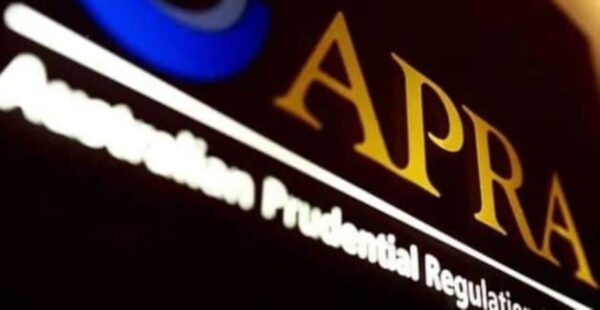APRA to super platforms – you can’t outsource accountability

Australia’s major investment platforms will have to invest more heavily their governance after receiving a clear message from the regulators that they “cannot outsource accountability”.
The Australian Prudential Regulation Authority (APRA) sent the message in a letter to the platform superannuation funds in the wake of the collapse of the Shield and First Guardian funds, with a key weakness identified by both APRA and the Australian Securities and Investments Commission (ASIC) being “a large dependency on external research and ratings agencies”.
It is clear from the APRA letter to the platform super trustees that it has been working closely with ASIC to determine the regulatory gaps which allowed the Shield and First Guardian collapses to occur and that both regulators will be placing pressure on the platforms to improve their practices.
It is also clear from the APRA letter and the attitude signalled by ASIC that the platforms are going to have to make significant investments to close the gaps, including beefing up governance and their internal research capability.
The APRA document points to the need for “Well-integrated due diligence practices that are applied consistently across both the initial onboarding and ongoing monitoring of investment options. A range of monitoring controls including oversight of investment holding limits, adviser trends, multi-faceted triggers and event-based monitoring”.
The APRA letter is important, but its attachment outlining APRA’S observations from a thematic review of the platforms is far more to the point because it identifies the “weak practices” that allowed the collapsed products on to the platforms in the first place.
In terms of onboarding products, it stated the following weaknesses”
- Compliance-driven processes that operated in isolation, without clear consideration of how the onboarded option promotes the best financial interests of members. Instances of lack of consistent documentation evidencing risk consideration and compliance with applicable standards.
- Internal policy requirements not being applied rigorously and consistently when evaluating whether an investment option was suitable for inclusion on the platform.
- Large dependency on external research and ratings agencies to approve new investment options, with limited internal assessment of the information collected.
- Collection of conflict management policies (or attestations) but a lack of thorough assessment of their quality, nor examination of potential and actual conflicts across the stakeholders relevant to the operation and distribution of the investment option.
Then in terms of ongoing monitoring it identified the following:
- Inconsistent monitoring of investment and fee related metrics relative to internal policies.
- Lack of effective triggers specified in monitoring frameworks to identify and respond to performance and/or risk concerns in a timely manner. Thresholds for identifying under or outperformance were generally ineffective as they were set at levels unlikely to be activated.
- Lack of timely, comprehensive and objective reporting of key risk and performance issues across investment options, including instances of significant outperformance that could signal potential concerns.
- Unclear exceptions reporting approaches, with inconsistent escalation of performance issues identified by third parties and investment options where performance data was missing.
On the key question of remedial action and member transfers, the document detailed the following weaknesses:
- Discretionary approaches to remedial action, typically retaining underperforming options and closing them to new investments and contributions. Without clear and time-bound plans, existing members remain in these investment options without resolution for extended periods.
- Lack of maturity in remedial action and member transfer frameworks, with unclear or undocumented processes and responsibilities – particularly when an investment option that has been closed from receiving contributions from new or existing members continues to underperform.











Yet again ASIC & APRA are outsourcing their bumbling, bloated, bureaucratic buffoonish responsibility
Exactly — this cuts both ways. If APRA is saying trustees can’t outsource accountability to research houses, then it also means they can’t outsource accountability to advisers either.
Advisers don’t have trustee powers or access to full fund documentation, yet we’re often left carrying the can when governance breaks down at the trustee or research level. Every APRA-regulated super fund has statutory duties under s52 of the SIS Act and SPS 530 to ensure investment options are properly vetted and monitored.
If each adviser had to perform their own direct due diligence on every single investment option — meeting management, reviewing holdings, running attribution and liquidity analysis — we’d have 15,000 advisers duplicating the same process nationwide. That’s not investor protection, that’s chaos.
Accountability sits where the power and data sit: with trustees, research houses, and platform operators who have the resources and obligations to prevent bad products from ever getting on the menu in the first place.